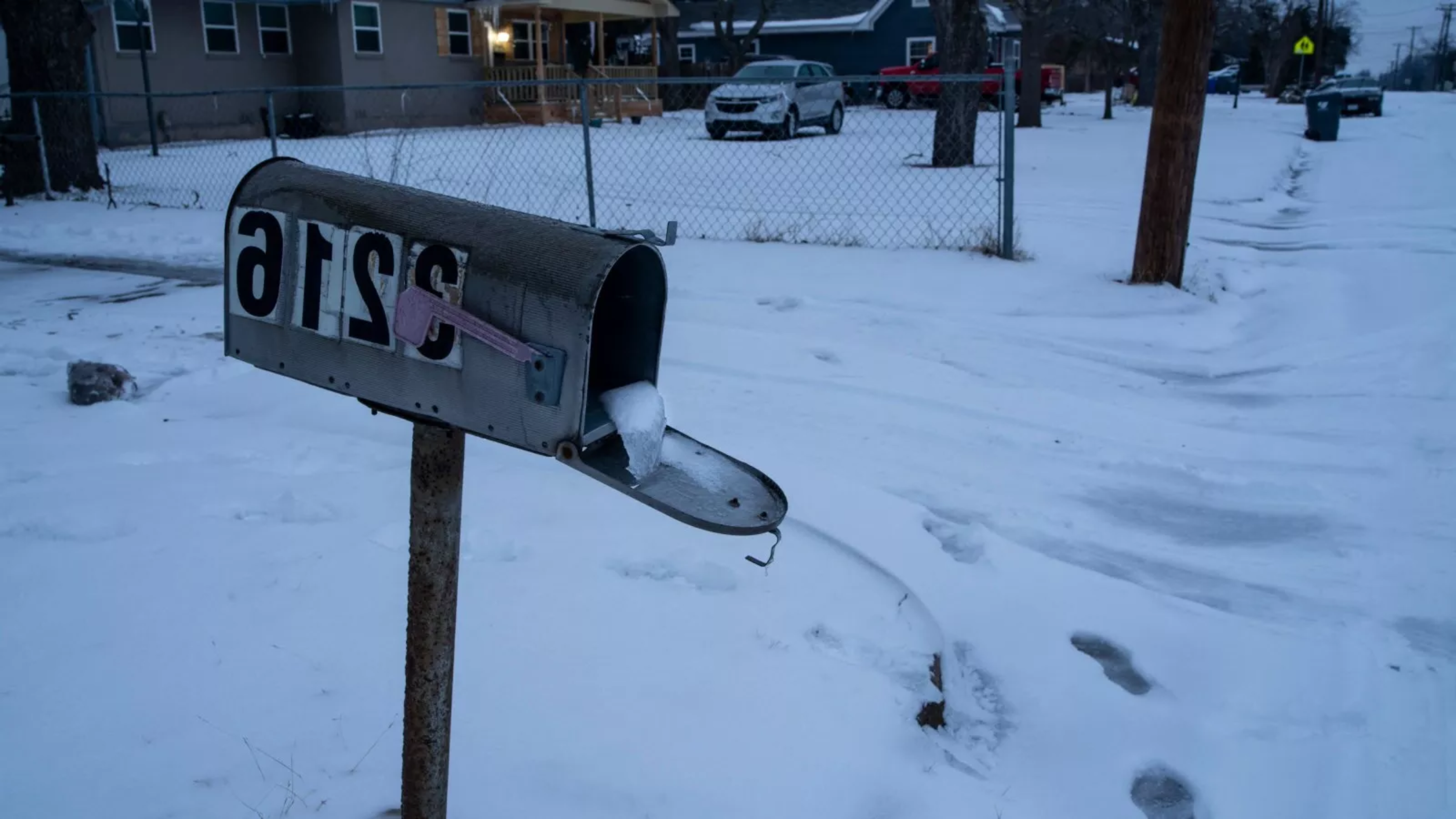The National Weather Service (NWS) has issued a freeze warning for North Carolina on Friday. This means a big drop in temperature is coming. But what does it mean for North Carolina residents?
Temperatures in North Carolina will fall, with highs in the lower 50s in the afternoon. The real worry is the overnight lows, which will be below freezing. This cold could harm crops and plants, causing damage if not protected.
With the freeze warning, North Carolina residents need to stay informed and ready. The NWS advises taking steps to protect homes, gardens, and vulnerable people from the cold. But how severe will this freeze be, and what can people do to stay safe?
Critical Weather Alert: Understanding the Freeze Warning Impact
North Carolina is getting ready for a strong arctic blast. People are advised to prepare for a frost advisory and a hard freeze watch. This severe weather could affect many areas, from farming to daily life.
The arctic blast will bring very cold temperatures. This could cause frost and hard freeze conditions across the state. It’s important for local communities to take action and prepare.
Let’s look at how the freeze warning could affect us:
- Agricultural Impacts: The cold could harm or destroy crops. This could hurt farmers’ businesses and the food supply.
- Infrastructure Disruptions: Ice on roads, bridges, and sidewalks is dangerous. It could cause accidents and slow down travel.
- Utility Concerns: The cold can make power grids work harder. This might lead to power outages, leaving homes and businesses without heat or light.
- Public Health Risks: Being outside in the cold for too long can be dangerous. It can cause hypothermia, frostbite, and other illnesses, especially for those who are more vulnerable.
As this weather event happens, it’s crucial for North Carolina residents to stay updated and follow all warnings. Taking steps to protect themselves, their families, and their homes is important. By understanding the freeze warning’s effects, we can all help reduce the impact and stay safe.
| Key Impacts | Potential Consequences |
|---|---|
| Agricultural Impacts | Damage or destruction of sensitive crops, leading to economic losses for farmers and the local food supply. |
| Infrastructure Disruptions | Icy conditions on roads, bridges, and sidewalks can pose safety risks and cause transportation delays. |
| Utility Concerns | Extreme cold can strain power grids, leading to potential outages and leaving homes and businesses without heat or electricity. |
| Public Health Risks | Prolonged exposure to the cold can increase the risk of hypothermia, frostbite, and other cold-related illnesses, particularly for vulnerable populations. |
Safety Measures During Sub-Zero Temperatures
North Carolina is getting ready for a freeze warning. It’s important for everyone to stay safe and protect their homes. Homeowners need to insulate their homes, keep pipes from freezing, and have emergency kits ready.
Drivers should be careful on the roads, especially on bridges and overpasses. These areas can get very icy. It’s also key to check on neighbors who might need help staying warm. Pet owners should make sure their pets are warm and safe too.
By being proactive, North Carolina can face the cold weather better. Listen to the warnings, stay updated, and be prepared. This way, everyone can stay safe during the cold days ahead.





